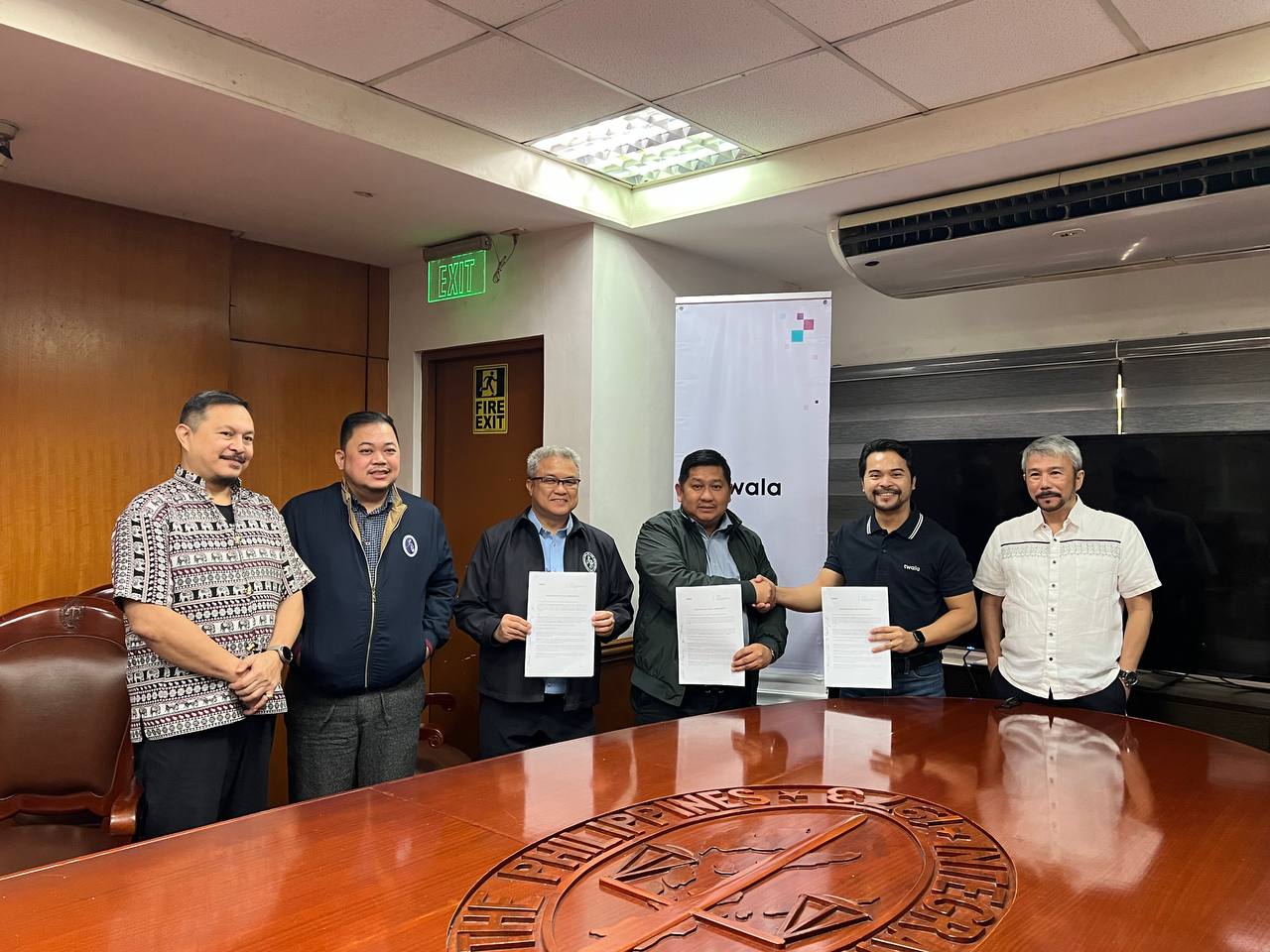The rise of remote work in the Philippines is more than just a passing trend; it's a fundamental shift in how businesses operate. To stay ahead, companies must adapt their contracts to the digital age, where new norms demand updated terms and conditions. A single poorly drafted agreement can lead to disputes, compliance issues, or costly legal challenges.
Key Contract Clauses for Philippine Remote Work Agreements
Start by defining non-negotiables:
- Work Scope & Output Metrics: Clearly outline deliverables, KPIs, and communication protocols. Avoid vague terms like “reasonable effort” and use measurable targets.
- Flexible Yet Accountable Hours: Specify if you’re using fixed schedules, output-based systems, or hybrid models. For example: “Core hours: 10 AM–3 PM, with flexibility for remaining work hours.”
- Data Security Protocols: Mandate compliance with the Data Privacy Act by requiring VPNs, encrypted tools, and guidelines for handling sensitive data.
- Compensation & Reimbursements: Detail internet allowances, equipment subsidies, and how overtime pay applies under Philippine labor laws.
- Termination Clauses: Define grounds for termination (e.g., consistent missed deadlines) and exit procedures.
How to Avoid Legal Pitfalls in Remote Work Contracts
Remote work agreements often stumble over these issues:
- Make sure to clarify the classification of your workers: Is your remote staff a regular employee or independent contractor? Mislabeling can lead to penalties from the DOLE.
- Tax Oversights: Remote employees are still entitled to SSS, PhilHealth, and Pag-IBIG contributions. Clarify who handles these deductions.
- Weak Dispute Resolution: Include mediation steps (e.g., via NLRC) before escalating to lawsuits.
- Non-Compliant eSignatures: Not all digital signatures are equal. Ensure your tools meet compliance standards under Philippine laws.
Best Practices for Enforceable Remote Work Policies
- Adopt AI-Driven Tools: Use AI in the legal industry to automate contract drafting, track compliance, and flag outdated clauses.
- Prioritize Digital Security: Opt for platforms with end-to-end encryption for storing legal documentation. Twala’s eSignature solutions, for instance, offer audit trails to prevent tampering.
- Regularly Update Contracts: Philippine labor laws evolve—review agreements annually or after major policy changes.
- Educate Both Parties: Ensure employees understand their rights (e.g., OT pay, leave credits) and obligations (e.g., data privacy).
Remote work contracts aren’t just paperwork, they’re your first line of defense in a digital-first economy. By blending clear clauses, digital notarization, and proactive compliance, you can build trust with your team while avoiding costly legal missteps. Stay agile, stay protected, and let technology handle the rest.





.png)
